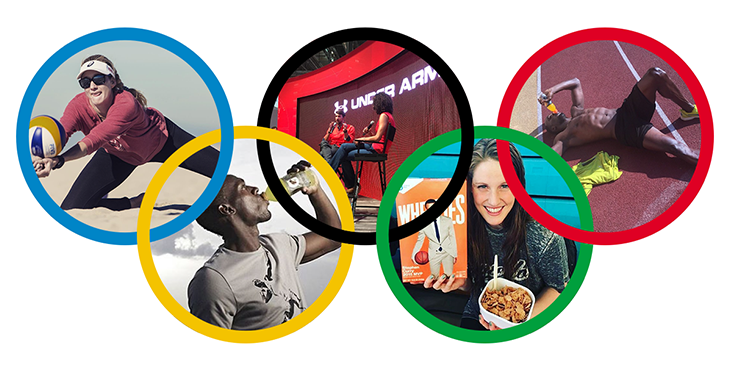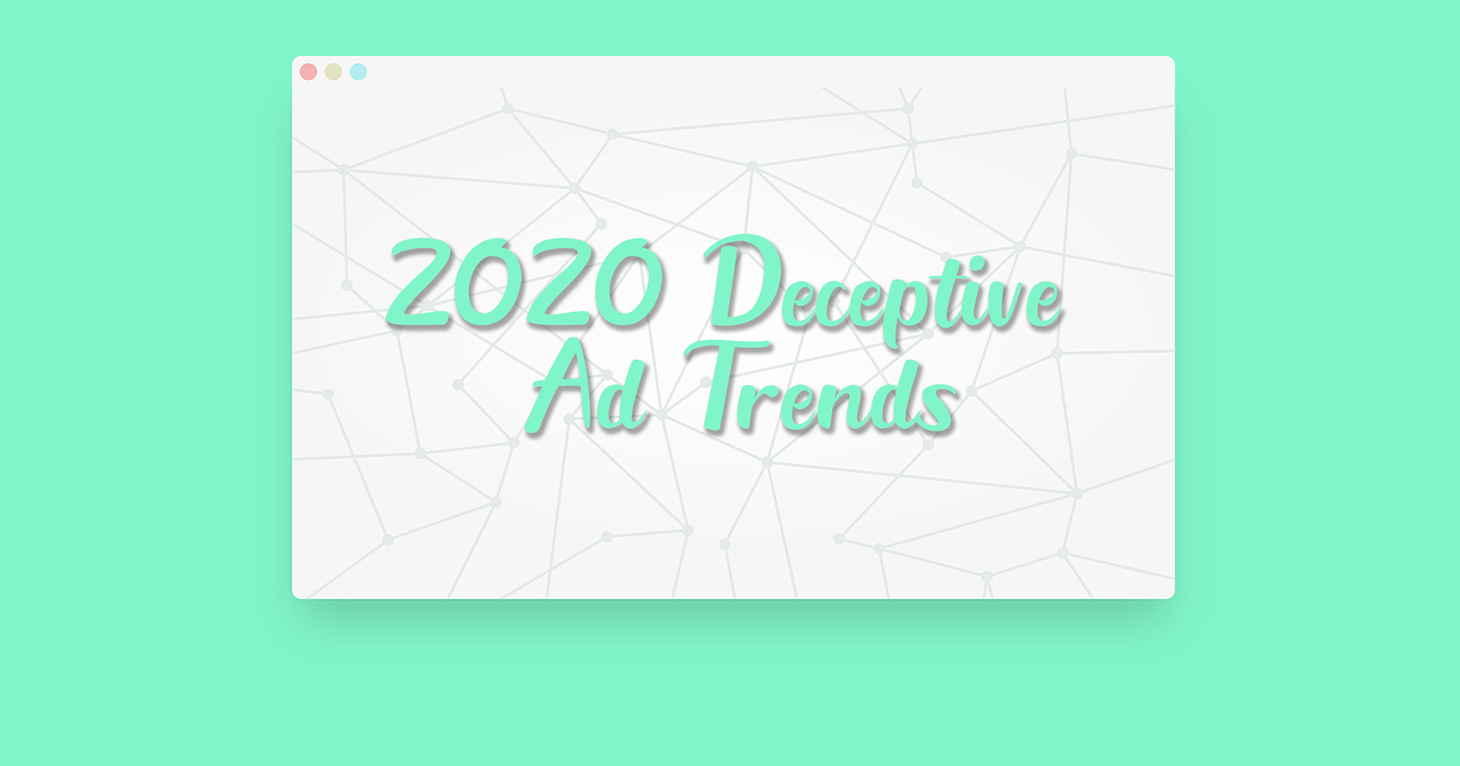
Best Reader Tips of 2021
This year reader tips led to dozens of ad alerts, as well as a complaint to regulators.
Olympians stumble out of the gate when it comes to disclosing sponsorships.
Rio-bound Olympians looking to shout out to their unofficial Olympic sponsors on social media during the 2016 Games, which kick off Friday, face a number of hurdles, namely that they cannot use the same words, hashtags, and Olympic imagery afforded to the official sponsors, which include McDonald’s, Nike, and Coca-Cola. Among the banned words are Olympics, Olympic, Olympians, Rio, gold, medal, games, and even summer.
If the athletes don’t tread carefully they face possible disqualification from the games by the U.S. Olympic Committee (USOC), enforcer of the IOC’s advertising restrictions detailed in the much-talked-about Rule 40. The IOC has gotten a lot of press for loosening Rule 40 to allow athletes — who were granted approval ahead of time by the committee — to advertise their endorsements from unofficial sponsors on social media during the games, which in the past had been prohibited.
But for all hoopla about the IOC’s endorsement rules, which note that athletes should be complying with the laws of their home country, we at TINA.org noticed that some Olympic athletes’ social media posts seem to be skirting FTC endorsement guides regarding labeling the posts as ads.
TINA.org has compiled several Instagram and Twitter posts by summer Olympians whose endorsement deals with the products pictured are not clearly disclosed.
The athletes are U.S. swimmers Missy Franklin (GoPro and General Mills) and Michael Phelps (Under Armour), U.S. gymnasts Jake Dalton (AdvoCare) and Sam Mikulak (MateBros), and U.S. beach volleyball player Kerri Walsh Jennings (ASICS), as well as Jamaican Olympian Usain Bolt, the star of Gatorade commercials appearing heavily in the U.S.
While Under Armour’s sponsorship of Phelps, the most decorated Olympian of all time, may be well known to fans, the FTC notes:
Determining whether (a famous athlete’s) followers are aware of a relationship could be tricky in many cases, so we recommend disclosure.
A single disclosure on a homepage also won’t cut it, the FTC says. So while U.S. gymnast Sam Mikulak states on his Instagram profile page that he is a co-founder of MateBros, an energy drink company, the fact that that is not revealed in the individual post touting a 50 percent discount on a MateBros product may be problematic.
Here are the questionable posts:
So, how can an Olympian effectively disclose when they’re being paid to post? It’s as simple as beginning a Facebook, Instagram, or Twitter post with “Ad” or “#ad,” suggests the FTC. When posting on Twitter, that leaves an Olympic-sized 137 characters at an athlete’s disposal.
Find more Ad or Not posts here.
This year reader tips led to dozens of ad alerts, as well as a complaint to regulators.
Why the FTC should consider virtual influencers as it reviews its Endorsement Guides.
CGI influencers are here.


